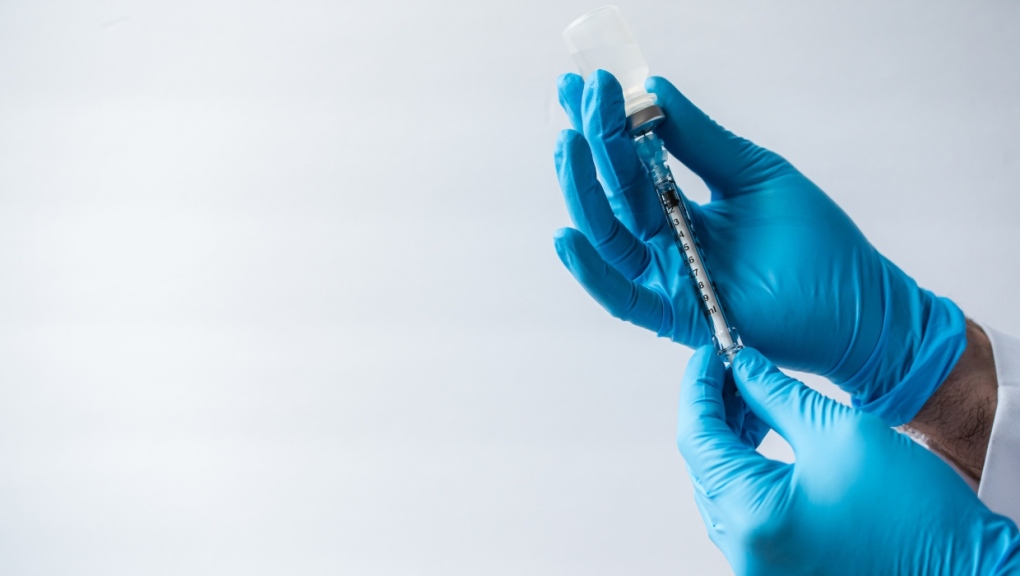Bussiness
Think you have a summer cold? There’s a good chance it’s COVID: experts

The circulation of respiratory viruses is normally highest in the fall and winter but COVID-19 cases and hospitalizations have been increasing over the spring and as we approach the summer.
According to the government’s respiratory virus dashboard, cases of COVID-19 have been on the rise since around April, prompting caution from health and science experts.
“We have to remember COVID is not gone. So, this is a little different than things like influenza where we see it nearly disappear in the summer. The last two summers, COVID has really hung around and as a result, we continue to see waves and upticks of virus throughout the year,” said Craig Jenne with the University of Calgary’s department of microbiology, immunology, and infectious diseases.
“There’s a good chance, as we see the numbers rise in the community, that summer cold might be a COVID infection.”
While case numbers are expected to continue to trend upward, particularly around summer gatherings like the Calgary Stampede, Jenne doesn’t expect anything alarming.
“I don’t think we’re going to see a risk of filling hospitals or straining the systems but virus in the community does mean those of us that have family members may be at risk, there’s that increased chance that they contract it,” Jenne said.
“One of the things this virus does like is large gatherings and in a couple weeks, we’re going to see one of the largest gatherings in Calgary.”
There are several reasons for the recent rise, including the emergence of new variants in Alberta, with KP.2 and KP.3 making up more than half of the cases across the province.
“This is a virus that keeps changing and it will for the next several years,” Jenne said.
“But we’re also seeing cycles in peoples’ immunizations. So people who for example were getting shots for early fall to prepare for the winter, we’re now six or seven months out and unfortunately, immunity wains with regard to coronavirus – both vaccine-induced immunity but also immunity you will receive if you’re infected and have recovered.”
According to the provincial dashboard, just shy of 17 per cent of Albertans have received a COVID-19 vaccine since last summer.
Abdul Kanji, pharmacist at Corner Drugstore in East Village, says people aren’t coming through the doors looking for a vaccine in the summer but he encourages people to check in with their pharmacist to make sure they’re up to date.
“We had a full family down (who) ended up in the hospital. Luckily, nothing serious. They got some medication and stayed home and quarantined. COVID is still around but right now, people are not too keen to get the shots,” he said.
“We’ll look up your records and see how many shots you’ve had.”
Kanji says it’s important people still test when they have symptoms because those infected also have immunity for six months and that can impact when to get a booster shot.
“A lot of allergies right now as well, so it’s kind of confusing if it’s an allergy, if it’s a common cold, a viral infection or COVID-19 but talk to your pharmacist, right? We’ll run through the checklist,” he said.
Rapid at-home test kits are still available in Alberta but are no longer free at all pharmacies.
According to provincial data, there were 422 new COVID cases in Alberta last week, 178 people were in hospital from the virus and eight were in the ICU.
Two more Albertans died from COVID last week, for a total of 605 since August 2023.


)






